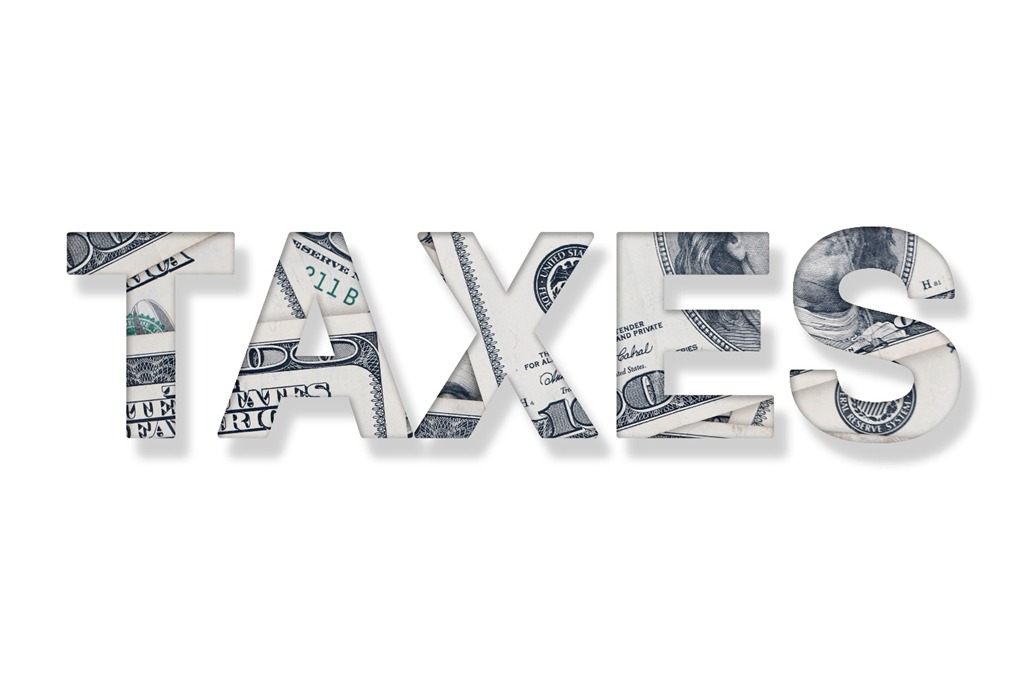
The Art of Side Hustles: Hobby or Business, and How it Impacts Your Taxes
Have you ever found yourself wondering if your passion project could potentially turn into a lucrative business? You’re not alone. With the rise of the gig economy, many people are turning their hobbies into profitable ventures. But how do you know if your side hustle is a hobby or a business, and what does that mean for your taxes? Let’s dive into the world of side hustle and explore the key differences between hobbies and businesses, as well as the tax implications for each.
The Fine Line Between Hobbies and Businesses: One major distinction between hobbies and businesses is the motive behind them. While hobbies typically revolve around personal pleasure and recreation, businesses aim to generate profit. This difference in intent is crucial when it comes to filing your tax return, as the IRS treats hobbies and businesses differently for tax purposes.
For instance, consider Sarah, an avid painter who enjoys selling her artwork to friends and family. She does not actively market her paintings and does not rely on the income to make a living. In this case, Sarah’s painting would be considered a hobby.
On the other hand, meet John, who started offering graphic design services on a freelance basis. He has invested time and money in marketing, keeps accurate records, and depends on the income to cover his expenses. John’s freelance work would likely be classified as a business.
The $600 Threshold – 1099-K: Regardless of whether your side hustle is a hobby or a business, the IRS requires you to report any income generated from it. If you accept over $600 for goods and services through online marketplaces or payment apps, you may receive a Form 1099-K, which must be reported on your tax return.
Navigating the Gray Area: To determine if your side hustle is a hobby or a business, consider the following questions:
- Do you carry out the activity in a businesslike manner, maintaining complete and accurate records?
- Does the time and effort you put into the project indicate an intent to make a profit?
- Has the activity generated profit in some years, and if so, how much?
- Can you expect to make a future profit from the appreciation of assets used in the activity?
- Do you rely on income from the activity for your livelihood?
- Are any losses due to circumstances beyond your control, or are they typical for a startup in your industry?
- Do you adapt your methods to improve profitability?
- Do you and your advisors possess the necessary knowledge to run a successful business?
The Importance of Record Keeping: Regardless of your side hustle’s classification, maintaining accurate records is essential when filing your taxes. Proper documentation will help you navigate the tax implications of your side hustle and ensure compliance with IRS regulations.
The world of side hustles presents exciting opportunities for individuals to explore their passions and potentially generate income. By understanding the differences between hobbies and businesses and the associated tax implications, you can make informed decisions about your side hustle and its place in your financial life. So, whether you’re turning your hobby into a profitable venture or keeping it as a leisurely pursuit, remember to stay informed and maintain accurate records to ensure a smooth tax filing experience.
***Disclaimer: This communication is not intended as tax advice, and no tax accountant -client relationship results**
